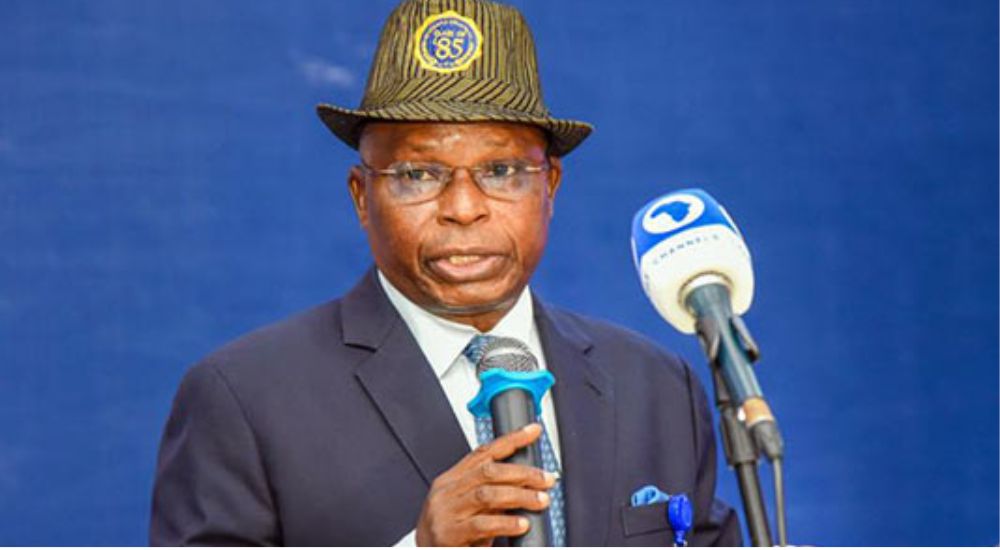
By Adeyemi Adekunle
The Attorney General of the Federation and Minister of Justice, Lateef Fagbemi, has alleged that suspended Rivers State Governor Siminalayi Fubara played a significant role in guiding militants to vandalize oil pipelines in the state.
This allegation comes as President Bola Tinubu declared a state of emergency in Rivers, suspending Fubara, his deputy Ngozi Odu, and all elected members of the state House of Assembly for an initial period of six months.
During a press conference on Wednesday, Fagbemi stated that while Fubara may not have directly orchestrated the attacks, his failure to condemn and dissuade the militants illustrated a troubling complicity.
“We are in a democracy. There were what I will call telegraphing of the militants, I will say, by the governor,” Fagbemi asserted, referencing the governor’s prior remarks suggesting he would inform the militants when it was time to act.
The Attorney General’s comments come on the heels of a series of pipeline sabotage incidents in Rivers, further destabilizing the already precarious political environment within the state. “Did he come out to disown them? The answer is no. A week later, they swung into action. You saw or witnessed the vandalization of oil pipelines,” Fagbemi emphasized, underscoring the gravity of the situation.
Fagbemi expressed that as Nigeria’s economy relies heavily on crude oil production, anyone who interferes with pipeline operations not only poses a threat to Rivers State but also to the entire nation. The minister’s remarks point to a broader concern regarding the implications of the unrest on Nigeria’s economic stability.
In his national broadcast on Tuesday, President Tinubu underscored the necessity of the state of emergency, citing prolonged political instability, constitutional breaches, and heightening security threats as key reasons for this extraordinary measure. The decision has sparked considerable debate and raised pressing questions about the future of governance in Rivers State, as well as the steps needed to restore order.
With the political landscape in turmoil, residents and stakeholders in Rivers State are left grappling with uncertainty about the implications of these developments on their daily lives and the sustainability of governance in the region.



